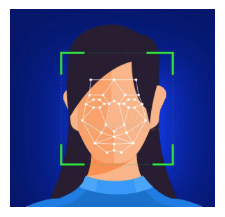Use of facial recognition in schools. DPIA's are essential.
Facial Recognition – DPIA’s are essential
North Ayrshire council was criticised for attempting to introduce facial recognition technology so that pupils can pay for school meals in an attempt to speed up service and to reduce the risk of spreading Covid-19 via pin pads or fingerprint recognition.
- Firstly, whilst the Council claims it was an appropriate system to use, each school should conduct their own Data Protection Impact Assessment to prove that they are satisfied with the features of the product.
- Also it is important to understand that the UK GDPR is in place to protect the individual not an organisation, and the individual’s protection should be paramount. Not knowing things such as exactly where personal data is stored or with whom it is being shared are unacceptable.
Schools have responsibility but not control over pupils’ data
New report states “Schools have responsibility but not control over pupils’ data” A new report by the Digital Futures Commission recommends that the government ‘s Data Reform Bill should regulate data taken by educational technologies (EdTech) services widely used...
New school resources for teachers
The ICO has produced a suite of school resources for teachers to use when discussing privacy issues and the value of personal data. The lesson plans cover what counts as personal data, why it’s valuable and how to keep it safe when using social media. The resources...
Are Educational Institutions at risk from a phishing attack?
Absolutely they are! The Cyber Breaches 2022 Survey Education Annex has some brilliant insights into what educational institutions are currently facing in terms of cybercrime and as in previous years, phishing is the top detected cyber-attack and it’s easy to see...




